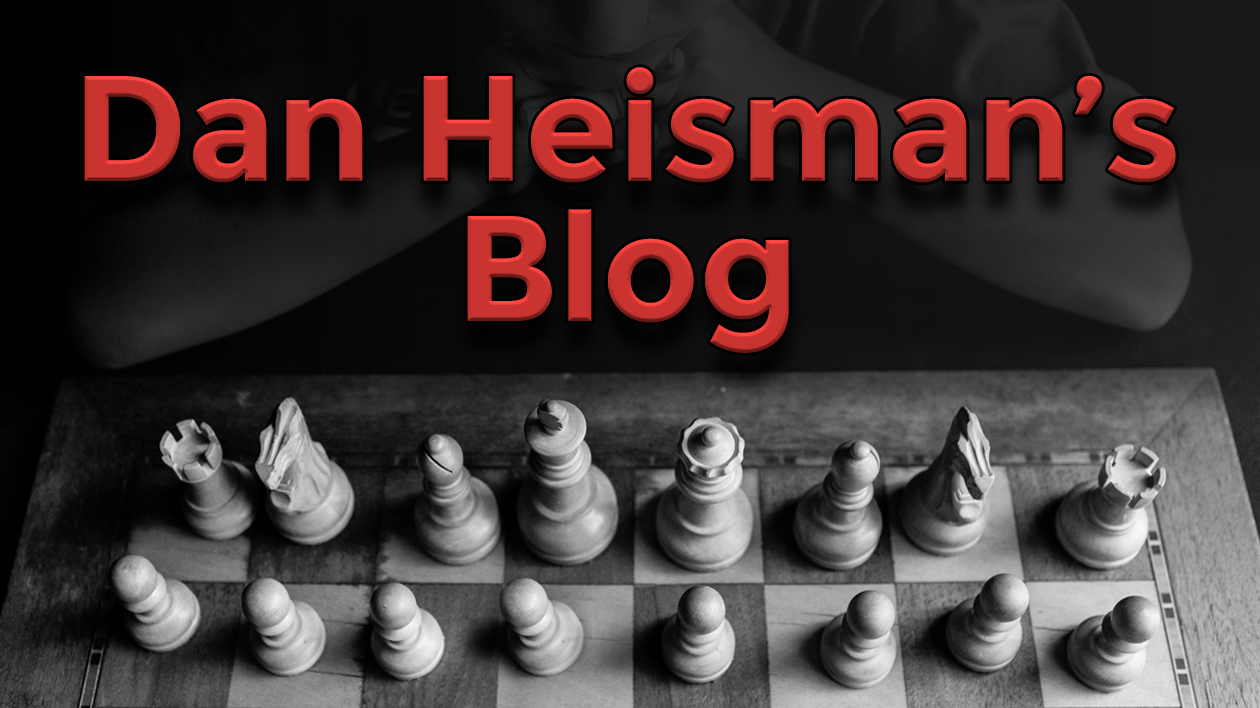
The 95% Conjecture
Suppose you could try your best (or as best you can) 95% of the time. That sounds pretty good, right?
Let's assume the average chess game lasts about 40 moves. 95% of 40 is 38, so that means two moves each game you would not try your best. This observation led to a little thought experiment:
Suppose we have two players, virtual clones. One is rated 1800 and is able to try his/her best all the time. The other player is identical with that one exception: twice a game he/she suffers a "lapse" and can't put in the effort that the position and time on his clock would allow, essentially not even trying. What would be the rating of the second player?
I have had several players make estimates for me, and I agree with the consensus answers. These two lapses a game could easily make Player #2 1400-1500 instead of 1800, a loss of 300-400 rating points! That's a lot more rating points than a 1400 could get from memorizing a book on his favorite opening, for sure (even if that were possible).
This experiment shows that consistency in effort and concentration is worth quite a bit. It's no coincidence that if you go to a big tournament the ones who consistently take the most time are the better players.
What might cause such lapses? There could be many factors:
- Forgetting to do all the things you know you should do, like make sure the opponent does not have a check, capture, or threat (forcing move) which might defeat your candidate move (See Real Chess, Time Management, and Care: Putting it All Together),
- Fatigue or some sort of tiredness due to internal or external conditions, such as not getting enough liquids during the game or not having enough sleep,
- Some sort of distraction, like worrying about what happened earlier in the game, or where you are going to eat dinner,
- The inability to roll up the sleeves and take time to carefully analyze complex positions, whereas following general principles on more simple positions requires less effort, and/or
- Quite a few other reasons are possible (such as the one in the example game below).
* Resign
